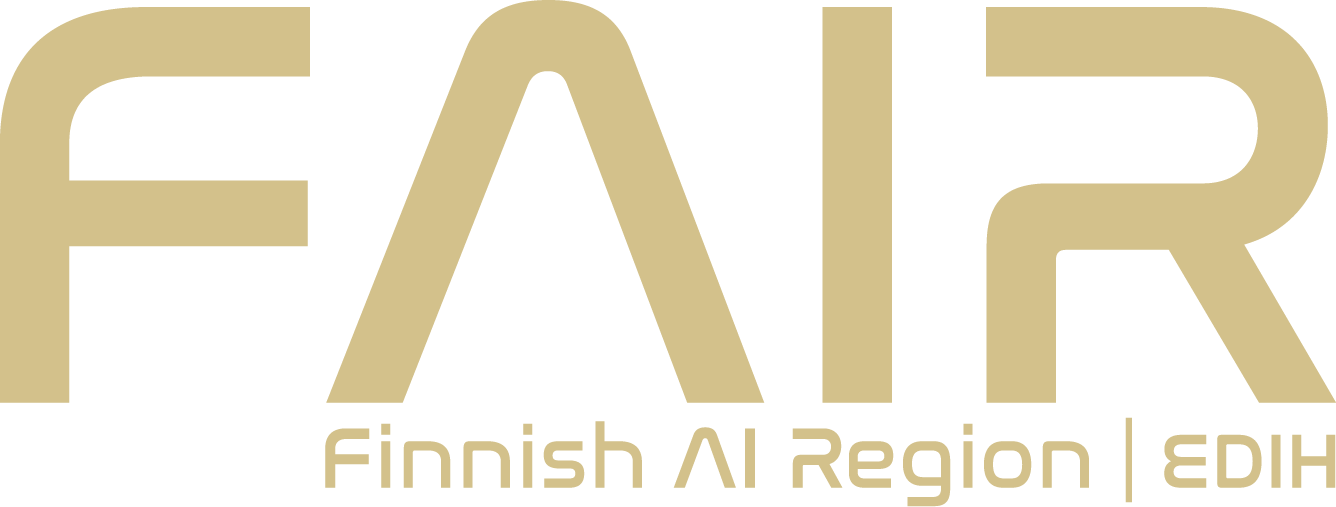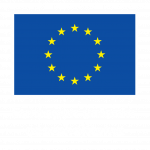

Finnish IT professionals concerned about AI accuracy – adoption outpaces training
Finnish workers are racing ahead with AI adoption, but four in five lack proper training – exposing a dangerous gap between enthusiasm and expertise, new research reveals.
Text by Martti Asikainen, 25.11.2025 | Photo Adobe Stock Photos

More than 80 per cent of Finnish IT professionals worry about the accuracy of information produced by AI systems, according to research commissioned by HP. The survey, conducted by research firm Verian in September, included over 1,000 IT professionals from various sectors.
A quarter of IT workers use AI tools regularly, yet most do so without formal training or organisational support. This raises questions about the sustainability of Finland’s early AI leadership.
Although a quarter of respondents already use AI tools in their professional roles, most do so independently without employer guidance.
HP’s research shows that half use AI weekly in their work, but only about a third have received formal training or guidance from their company on effective use of the technology. This largely self-taught approach places Finland within a broader European challenge.
Training and understanding lag behind
Only 52 per cent of European companies offer consistent AI training, compared to 62 per cent in the United States, according to the international research and consultancy firm Forrester Research. The OECD also warns in its 2025 report that current training provision may not be sufficient to meet growing demand for AI literacy amongst member countries.
Security concerns are mounting. Around 80 per cent of respondents expressed concern about IT security risks related to AI use. These fears are not unfounded. Cybersecurity research by Cybernews showed that nearly 90 per cent of analysed AI tools are vulnerable to data breaches.
Concerns about both reliability and security appear to be significant barriers to wider adoption of the technology. Despite this, almost half of IT professionals said they would like to use AI more in their daily work, viewing it as beneficial for improving efficiency and work quality.
Microsoft’s 2024 research showed that as many as 61 per cent of Finnish organisations already use AI. Other studies have also indicated that Finland is a clear leader in the Nordic region.
Superficial use dominates
Vesa Jukonen, HP’s country manager for Finland, interviewed by Yle News, characterised AI as today’s tool rather than tomorrow’s promise. He noted that whilst employees are ready to embrace the technology, organisational leadership has not kept pace.
This observation aligns with broader European trends. According to ISACA research, 83 per cent of organisations report employee use of AI, but only 31 per cent have implemented formal, comprehensive policies. AI use in Finland remains at a relatively basic level, focusing primarily on text editing, information retrieval, and ideation.
More advanced applications in analytics and decision-making remain underutilised, suggesting significant untapped potential. This pattern of superficial adoption reflects a wider challenge across Europe, where the rush to implement AI has often left security and strategic considerations behind.
IBM research emphasises that only 24 per cent of new generative AI projects (AI that produces text, images, and other content) include a security component.
Bridging the gap
Finland’s position as leader in the European Union’s Digital Economy and Society Index, combined with strong educational and technological expertise, demonstrates that the country has good prerequisites for addressing these challenges. However, bridging the gap between adoption and proper oversight requires significant investment in training and formal AI practices.
As organisations across Europe grapple with similar challenges, from training deficits to security gaps, Finland’s experiences offer valuable lessons. Early adoption alone is not enough – it requires supporting frameworks for safe and effective AI use. Success requires a balance between technological development and human expertise, where organisations commit to both infrastructure and continuous staff development.


Finnish AI Region
2022-2025.
Media contacts